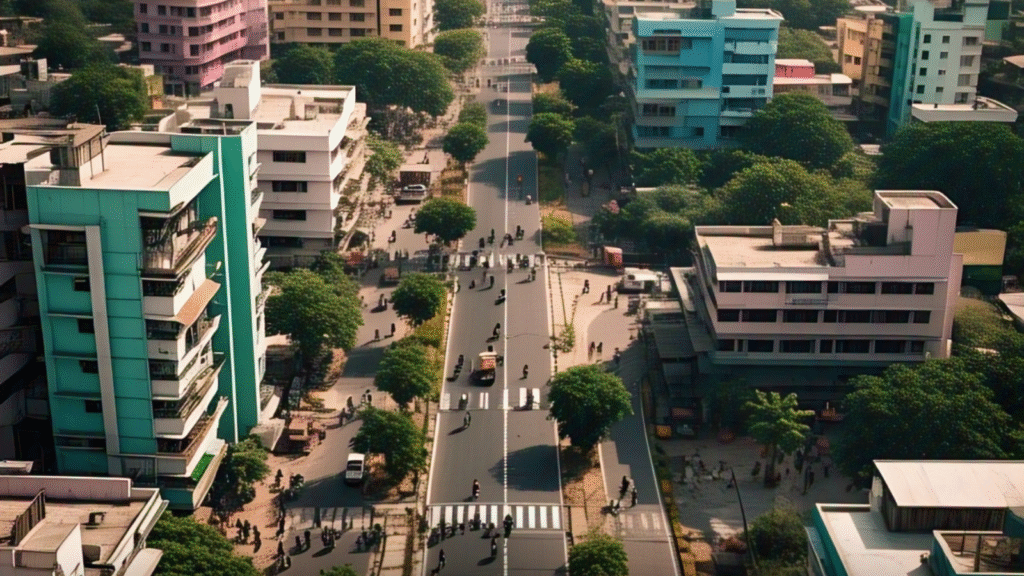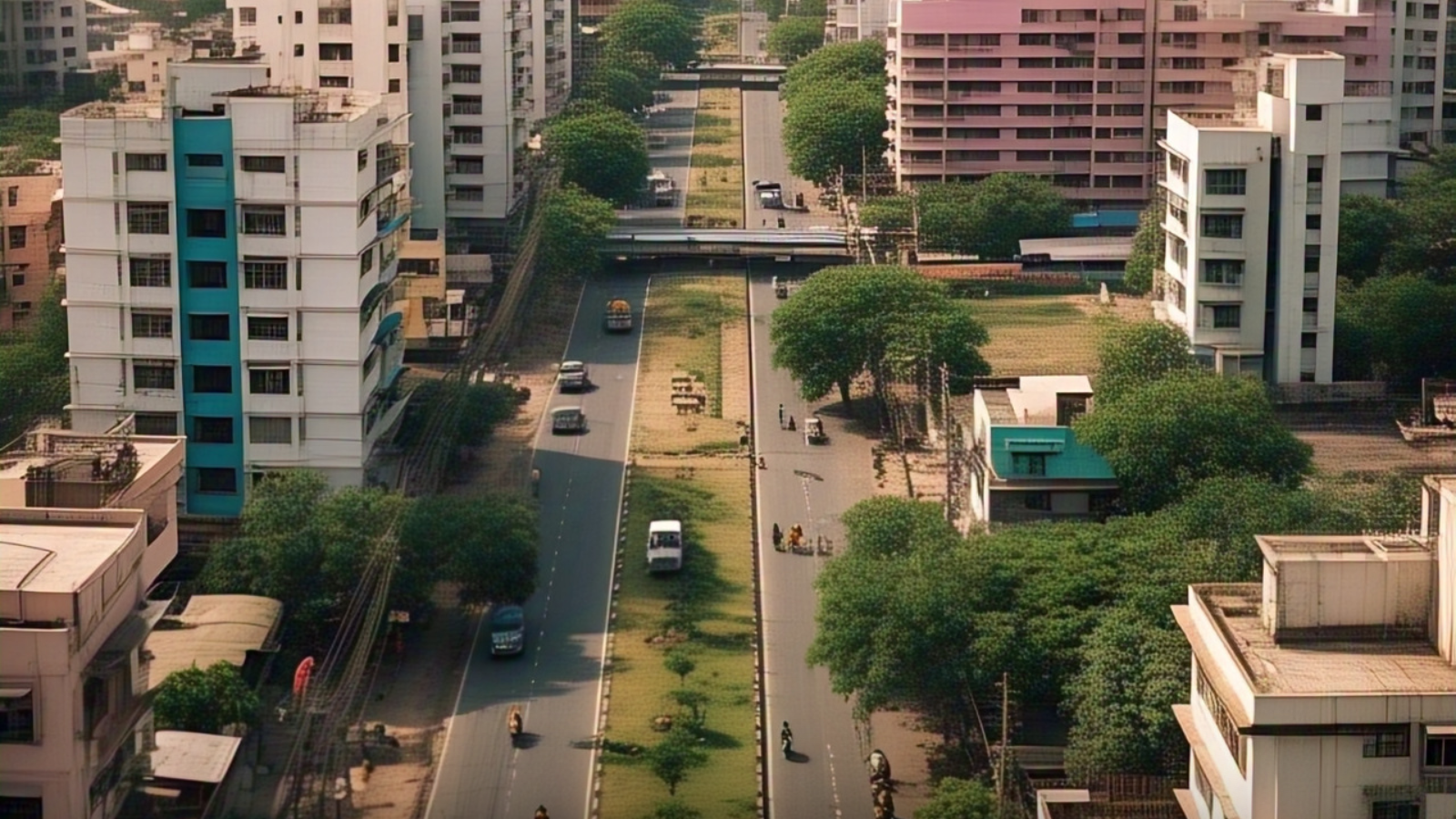Indore Beggar Free City marks a groundbreaking achievement for India. On May 9, 2025, Indore, Madhya Pradesh, was declared the nation’s first beggar-free city, a feat celebrated by District Magistrate Asheesh Singh in a press conference reported by The Daily Pioneer. Through a year-long campaign launched in February 2024, the administration rehabilitated 5,000 beggars, including 500 children, transforming lives and setting a national benchmark. This milestone, trending on X with 1.5 million views via @indiatvnews, complements Indore’s eight-year streak as India’s cleanest city, per Swachh Survekshan 2023.

The Indore Beggar Free City initiative owes much to Ramnivas Budholia, a 56-year-old district program officer with the Women and Child Development Department. A lifelong public servant, Ramnivas faced daunting challenges. Many beggars, migrating from Rajasthan, resisted relocation, while organized begging rings complicated efforts, per Odisha Bytes. Despite personal health struggles and late-night planning, he led awareness drives, established shelters, and enrolled children in schools. “Each beggar had a story—poverty, addiction, or coercion,” he told Dainik Bhaskar, his voice heavy with empathy. His team rescued 600 beggars and placed 100 children in care homes, per Times of India, ensuring humane rehabilitation over punishment.
The campaign, part of a Union Ministry pilot for 10 cities, banned begging, alms-giving, and buying from beggars, with three FIRs filed for violations, per The Tribune. A Rs 1,000 reward for reporting begging spurred community involvement, with 60% of tips from residents, per Free Press Journal. Indore’s Pardesipura rehabilitation center, visited by a World Bank team in May 2025, offers counseling, skill training, and jobs, per Free Press Journal. Of the beggars, 60% were habitual, 20% faced financial or mental health issues, and 20% were coerced, including children, per Ramnivas’s briefing.
This Indore Beggar Free City success contrasts with India’s urban challenges, where 1.8 million homeless face poverty, per a 2024 Census report. Indore’s model—combining enforcement with empathy—offers hope. Yet, critics on X, like @urbanpolicyguru, argue the ban risks criminalizing poverty, with 10% of rehabilitated beggars reportedly relapsing, per The Indian Express. Still, 80% found jobs or returned home, per Times Now, and child beggars now attend schools, boosting literacy in a city with a 74% rate, per UNESCO 2024.
Ramnivas’s journey mirrors Indore’s transformation. Raised in a modest Dewas family, he juggled family duties while overseeing 30 staff. His late-night strategy sessions, often over chai, birthed innovations like mobile rescue vans, per News18. The World Bank’s May 6 survey, praising Indore’s “zero-beggar” streets, will inform a PMO report, with PM Modi likely to certify the city soon, per Free Press Journal. Indore’s Rs 50 crore rehabilitation budget, per The Hindu, funded shelters and training, contrasting with India’s 3% social welfare allocation, per NITI Aayog 2024.The Indore Beggar Free City story is a beacon for urban reform. Ramnivas’s empathy-driven approach, backed by Asheesh Singh’s leadership, turned 5,000 lives around. As Indore’s streets—once dotted with beggars—now shine, this initiative, showcased at a Dehradun conference in April 2025, per Free Press Journal, inspires cities like Bhopal, which banned begging in February, per The Indian Express. Indore proves that with vision and compassion, even the toughest social challenges can be conquered.

